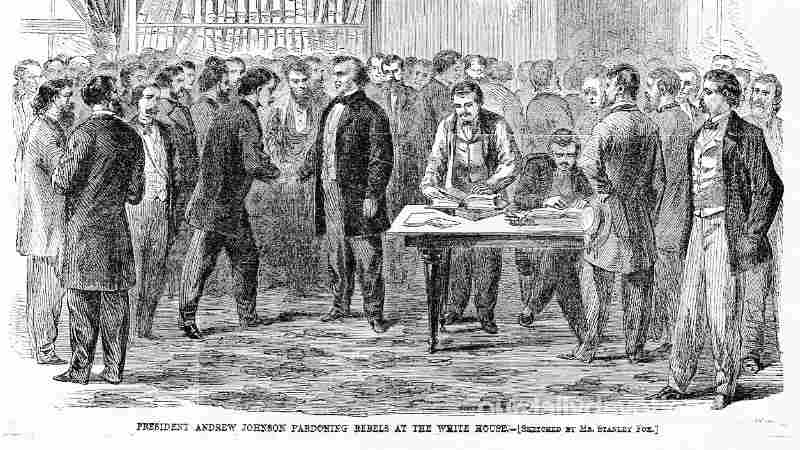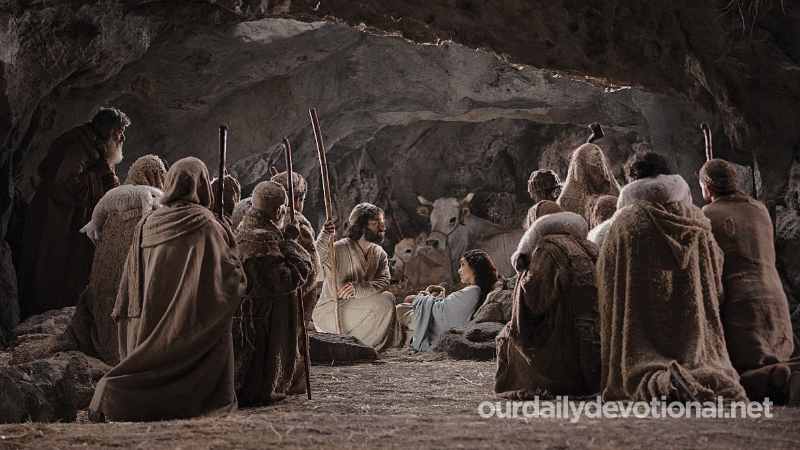Complex religious-philosophical movement that manifested itself with special force in the middle of the second century AD.
A mixture of Zoroastrian, Platonic and Judeo-Christian concepts, it constituted a strong threat to Christianity.
Its first manifestations were already treated and combated by the apostles Paul and John in several of their epistles and in the Gospel of John.
Despite the immense variety of opposing Gnostic sects and movements, with a great diversity of doctrines and teachings, which make a particularized examination impossible in a short article, the following points supported by Gnosticism can be presented with a certain uniformity:
(a) They claimed the possession of a special knowledge of the truth, superior to faith, reserved for the initiated.
(b) A combination of Persian dualism with Platonism was manifested in the doctrine of a pure and perfect spiritual sphere and of a material universe essentially evil and from which all evil has arisen. Both God and the material universe are, based on this system, eternal.
(c) The conception that God cannot act directly upon the world of matter, but must do so through a "demiurge," or subordinate Creator or Artificer of lower rank, distinct from the supreme Deity, and also by through emanations or mediating aeons gradually extending between God and the material universe.
These emanations or eons would be innumerable, those closest to God passing from a spiritual nature to a more and more mixed and material nature as they found themselves in spheres closer and closer to the material world.
(d) The denial of the true humanity of Christ, a Docetist Christology, which considered Christ's earthly life, especially his sufferings on the cross, unreal.
(e) Denial of the personality of the supreme God, and also denial of responsibility in man.
(f) The teaching, by some Gnostic sects, of a rigorous asceticism, prohibiting marriage and the use of this material world, in order to reach communion with God, while other sects taught non-mutual influence between body and soul, with which the soul could dedicate itself to the contemplation of the highest mysteries, while the body could give free rein to all its appetites.
Salvation was attributed to Christ as "Illuminator", giver of knowledge through which the soul would receive salvation. The evangelical doctrine of salvation through the vicarious sufferings of Christ was denied.
(g) A tendency to merge Christian doctrines with philosophical, mystical and magical elements from the East.
(h) The OT Scriptures were attributed to the "demiurge" or lower Creator of the world, who was the God of the Jews, but not the Supreme God.
All of these trends are present today in various heterodox theological currents.
The word of God already warns us about all these false doctrines, and combats them. Thus, among others, the following passages can be given against each of the mentioned sections:
(a) Col. 2:1-8
(b) Jn. 1:1-3;
(c) Jn. 1:1-3; Col. 2:18; 1 Ti. 1:4;
(d) Jn. 1:14; 4:6; 1 Jn. 1:1-3; 2:22; 4:1-6; 5:1; 5:20;
(e) Jn. 3:16-21; 5:26-27, 30, 36-38; 1 Jn. 3:1; 4:7-10, 14-16;
(f) Col. 1:12-23; 2:20-23; 1 Ti. 4:1-6; 2 Ti. 3:1-7;
(g) Col. 2:8-10, 18-19;
(h) 1 Ti. 3:14-17; 1 Peter 10:12; 2 P. 16-21.
There were many more unorthodox characteristics than those mentioned. Among the Gnostic sects there was, for example, that of the Ophites, who worshiped the serpent, and who boasted of knowing "the depths" (cf. Rev. 2:24).
They attributed the origin of evil directly to God. Among the Ophites there were groups like the Cainites, who inverted all values, and chose as their heroes the evil characters of the Scriptures, such as Cain, the Sodomites, Korah, etc.
The first Gnostic teacher whose name is known is Cerinthus, adversary of the apostle John. It is said that he taught that the millennium would be a time of unbridled sensuality.
Other schools of Gnosticism were later led by men such as Valentinus, Basilides, Saturninus, and Marcion. Faced with this aggression, the church reacted with a clearer formulation of the vital Christian doctrines under attack.
However, many of the Gnostic currents showed their influence on the thinking of many sectors of Christianity, with monastic movements and manifestations of Manichean thought that have always survived, and through a cluster of erroneous doctrines that have acted as a corrupting yeast of the testimony of church.
Gnosticism continues to survive among us in many forms and labels, and for this reason it is necessary to devote ourselves diligently to the study and assimilation of the Scriptures, so as not to allow ourselves to be led by the error of those who covertly introduce destructive heresies (cp. 2 P. 2: 1), but that, with the apostle John, we can have communion "with the Father, and with his Son Jesus Christ" (1 Jn. 1:3).
Meaning of GNOSTICISM
Complex religious-philosophical movement that manifested itself with special force in the middle of the second century AD.







